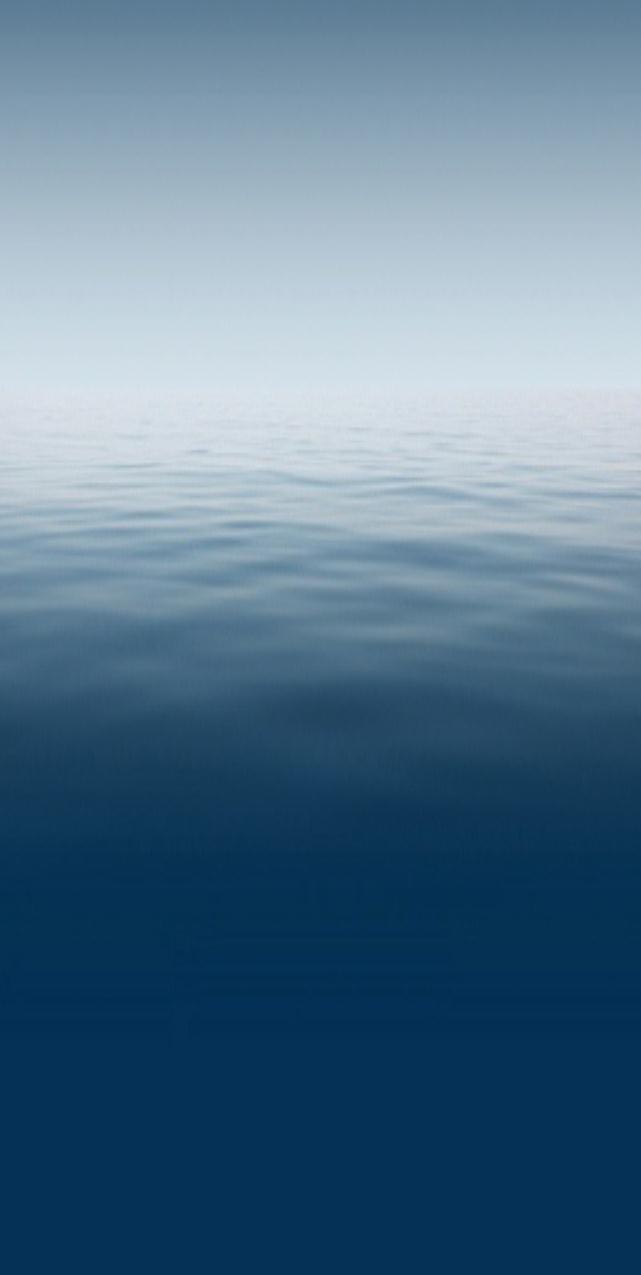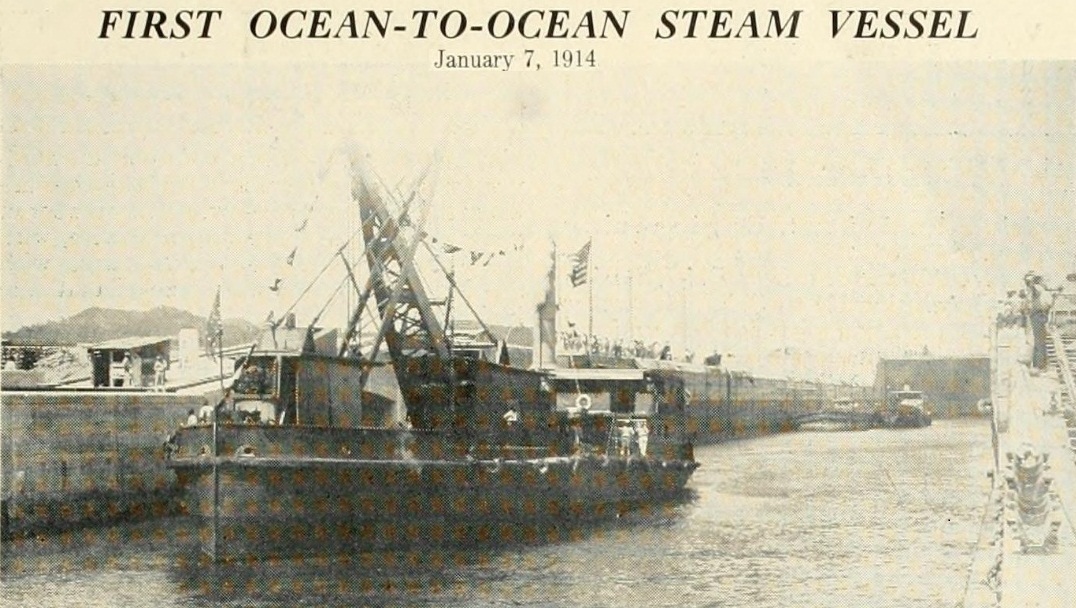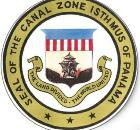
The 15th. of August, is the day we celebrate the official opening of the Panama Canal when the S.S. Ancon, made the passage from ocean to ocean. For years, many toasted and celebrated to that day in 1914 when the world was permitted a look into the greatest engineering feat of mankind. The world’s first transoceanic canal. The 8th wonder of the world.
Not so was the view of many of the Canal builders especially Mr.William McLean McKinnely who came to Panama in 1906 from Bahamas and worked on the Canal until 1954 when he was given a $45.00 monthly relief payment because retirement was not an option at that time for the non-citizens of the United States working on Canal. They told of the filling up of the Gatun Lake. How, little by little the place was covered with water while they were removing and dismantling town sites in the area. Then came the moment everybody was expecting, the first ocean to ocean passage.
On the 7th of January,1914, the crane boat “ALEXANDRE LAVALLEY” made history with that first ocean to ocean voyage much to the amazement and satisfaction of all the builders of the Isthmian Canal their families and friends . That day, everything ended, a new chapter had begun. That day they held hands in happiness and sadness, they knew it was all over, future uncertain.
Very few will be retained, as a matter of fact, many was already given their clearance papers which meant that they were out of a job and it also meant returning to their Island home, a place of little opportunity and scant possibility of a good job or a good pay . Their best option was to either stay in Panama, drift into the interior or move to some other country, mainly to England because as British Subjects they had all rights to it, but the war had started and that was not the best way to go. Staying in Panama was one good option.
They told of the many people of all nationality sitting on the rocks at the sea shore along Colon city looking over to the Canal hoping to be called back to work. Some, homeless and penniless built their shack there waiting for better days. He was lucky, McLean said, because he was sent to the Docks, where he worked until his latter days.
The 7th of January, 1914 the day of the first ocean to ocean transit, for McLean and his co-workers, a happy and sad day indeed! A day to remember, a day of renewed courage.
Anthony C. McLean H.
Rio Abajo April 2012
I learned that courage was not the absence of fear, but the triumph over it. The brave man is not he who does not feel afraid, but he who conquers that fear.”
― Nelson Mandela
EL PRIMER VAPOR DE OCEANO A OCEANO
El 15 de agosto, día que celebramos la inauguración del Canal de Panamá fue el momento en que oficialmente el S.S. Ancon lo travesara de océano a océano. Ese momento de 1914 al mundo le fue permitido participar de la gigantesca obra de ingeniería. El primer canal transoceánico. La 8va. Maravilla del mundo.
No fue así para los constructores y especialmente para el Sr. William McLean McKinney, quien llegó en 1906 de Bahamas y laboró en el Canal hasta 1954 cuando le ofrecieron una pensión de $45.00, pues la jubilación no era una opción para los no-norteamericanos en el Canal. Contaban que con asombro vieron como poco a poco se fue formando el embalse mientras desmantelaban poblaciones en el área de Gatún hasta luego llegar el día que todos esperaban que no llegara, el temido momento del primer cruce exitoso de océano a océano.
El día 7 de enero de ese mismo año la grúa de vapor “ALEXANDRE LAVALLEY” hizo historia con esa primera travesía muy a la complacencia de todos los constructores de Canal Ístmico sus familiares y amigos. Ese día todo terminó, inició en sus vidas un nuevo capítulo, entre la alegría y festividad agarrados de la mano en silencio contemplaban su futuro incierto.
Ya no habrá más oportunidad de empleo, muchos ya han sido despedidos y habrá mas, que a la vez significaba retornar a sus Islas, lugares sin muchas oportunidades de empleo bien remunerado como en el Canal así que la mejor opción era quedarse en Panamá, integrarse en su frondoso campo o emigrar a otro país. Inglaterra era una opción pues eran todos sujetos británicos pero la guerra había iniciado en Europa e ir allá no era una buena idea. Quedarse en Panamá era una mejor opción.
Contaron de la enorme cantidad de jóvenes de toda las nacionalidades que se acomodaban sobre las rocas bordeando la ciudad de Colón con la vista hacia el Canal con la esperanza de ser llamados de vuelta. Algunos, sin ingreso ni vivienda establecieron en ese mismo lugar sus hogares. Yo sí tuve suerte, dijo McLean, me nombraron casi de inmediato en los muelles de Cristóbal donde trabajé hasta pensionarme..
El 7 de enero de 1914, el día de la exitosa primera travesía de un barco por el nuevo Canal, para McLean y sus compañeros, un día de felicidad y tristeza a la vez. Un día que nunca olvidarán, día de renovada valentía.
Anthony MCLean H.
Rio Abajo abril, 2012.
He aprendido que valentía no es ausencia de miedo, sino el triunfo sobre el. El hombre valiente no es el que no siente miedo, sino el que lo conquista.
-Nelson Mandela

